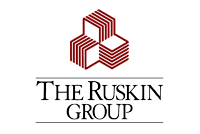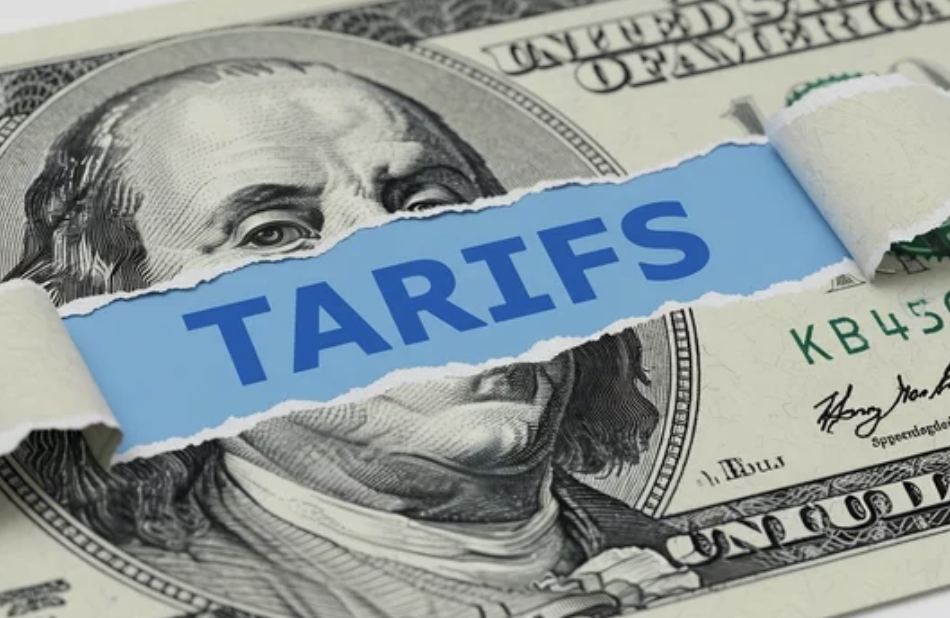
sumer price growth accelerated in August, reflecting the impact of tariffs on a range of goods, while wholesale prices moved lower. The Consumer Price Index (CPI) rose 0.4 percent over the month and 2.9 percent from a year earlier, up from the 2.7 percent annual pace in July. Core CPI, which excludes food and energy, increased 0.3 percent for the month and 3.1 percent year-over-year, slightly above the 3.0 percent gain in July.
Producer prices told a different story. The Producer Price Index (PPI) for final demand edged down 0.1 percent in August, following a 0.7 percent jump in July, as service costs declined. Over the year, producer prices advanced 2.6 percent, compared with 3.1 percent in July. Excluding food, energy, and trade services, producer prices rose 0.3 percent for the month and 2.8 percent from August 2024.
Rising prices cut into earnings. Real average hourly earnings for all employees fell 0.1 percent in August as a 0.3 percent rise in wages was offset by a 0.4 percent gain in inflation. Over the past year, real average hourly earnings increased 0.7 percent. For production and nonsupervisory workers, real earnings were unchanged in August but up 1.1 percent year-over-year. Inflation continues to erode much of the recent wage growth.
The NFIB Small Business Optimism Index climbed 0.5 points to 100.8 in August, remaining above its 52-year average of 98. Four of the index’s ten components improved, four declined, and two were unchanged. The Uncertainty Index fell four points to 93, its lowest since early 2024, driven by reduced concerns over financing conditions and capital spending. Even so, uncertainty remains well above the 51-year average of 68 and the average since 2016 of 80.
Wholesale trade data showed continued strength. Merchant wholesalers’ sales rose 1.4 percent in July and 6.2 percent year-over-year. Durable goods sales increased 1.3 percent month-to-month and 8.6 percent from a year earlier, while nondurable goods sales rose 1.6 percent and 4.1 percent, respectively. Inventories edged up 0.1 percent in July and 1.3 percent from a year ago, bringing the inventories-to-sales ratio down to 1.28 from 1.34 in July 2024.
Consumer sentiment declined again in September. The University of Michigan’s preliminary index fell 2.8 points to 55.4, the second consecutive monthly decrease. Buying conditions for durables improved slightly, but expectations for personal finances weakened. Roughly 60 percent of consumers mentioned tariffs unprompted in the survey. Year-ahead inflation expectations held at 4.8 percent, while long-run expectations rose to 3.9 percent.
https://boardconvertingnews.com/tariffs-push-up-certain-goods-prices-in-august/
Comments are closed.

